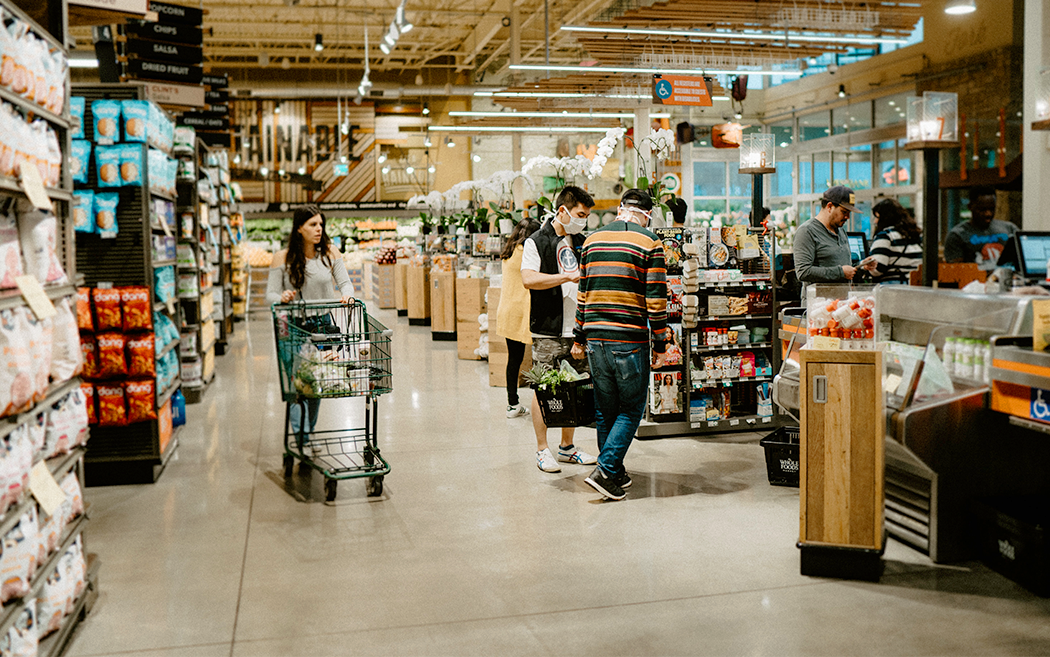Grocery Retailers, Building Value and Overcoming Obstacles

Brick-and-mortar grocery retailers are starting to feel the effects of the fluctuating economy and supply chain. Over the past two years, many grocers have had to update their in-store and eCommerce strategies to adapt to the changing market. But as more speedbumps have emerged, many companies are facing an uphill battle to remain consistent in their offerings while engaging and building loyalty and trust with shoppers.
What’s affecting the market?
In 2020, grocery retailers increased their eCommerce presence and several new online-only grocers entered the market or expanded their businesses. Now that in-store shopping is safer for customers, retailers are facing a few new issues, including supply chain problems leaving shelves bare, inflation concerns, and increased eCommerce competition. Not only has it been difficult for brick-and-mortar grocery stores to get customers back to in-person shopping, but once shoppers return they have been faced with rising prices and limited product availability. Whereas online, shoppers have a clearer view of the pricing of products and their total and are able to quickly view what is in stock, rather than driving to a grocery store only to find what they need is out of stock.
According to Richard Kestenbaum of Triangle Capital in a recent Forbes article, “The effect of the evolution in consumer habits, technology and culture is bigger in grocery than it has been in almost any other form of retail. By the time the industry has completely adapted, the upheaval that came to other types of retail like bookstores and toy stores will look simple by comparison.” In the past, grocers have been slow to catch up with modern consumer trends. 2020 was a monumental year that showed just how quickly grocery retailers could adapt, but these new roadblocks are forcing companies to reevaluate their marketing and operational standards and strategies.
Building Shopper Trust and Loyalty
In a recent article on GroceryDive, journalist Catherine Douglas Moran discussed how Albertsons, a leading national grocery retailer, has set its sights on building shopper loyalty in order to combat some of the issues the company is facing. Albertsons plans on growing its shopper loyalty by investing in “digital transformation, modernization of its supply chain and growing its retail media network”. All three of these tactics are intended to create a more consistent, engaging, and thoughtful customer experience.
Building shopper loyalty is more than just improving operational logistics. Albertsons also plans on growing its offering of private label products. In fact, many grocers have reinvested in their private label offerings. As product availability has fluctuated over the past few years, many shoppers have purchased private label products for the first time. Once viewed as lesser quality, customers have quickly realized just how high-quality private label products can be. With many shoppers interested in repurchasing these products, grocers who invest in their private brands are able to build value and keep shoppers coming back.
To stay up-to-date with trends and news in the food & beverage industry please follow us on social media: Facebook, Twitter, Instagram, and LinkedIn – and check out more of our blogs.
